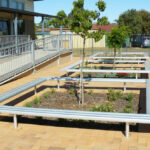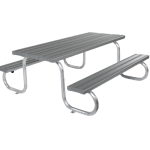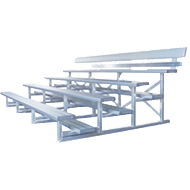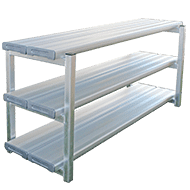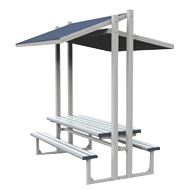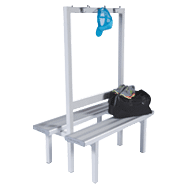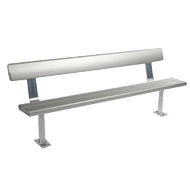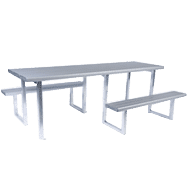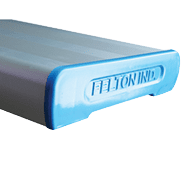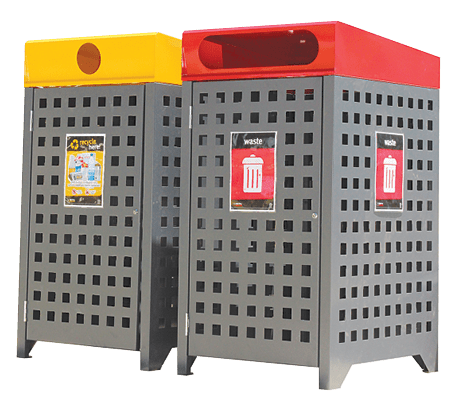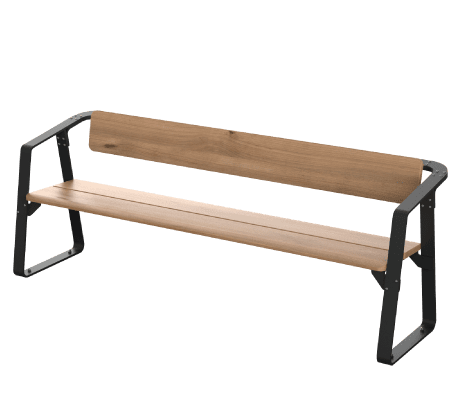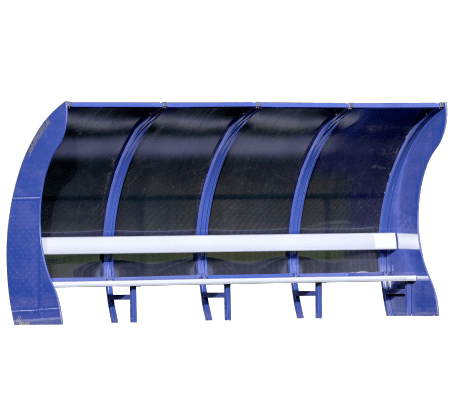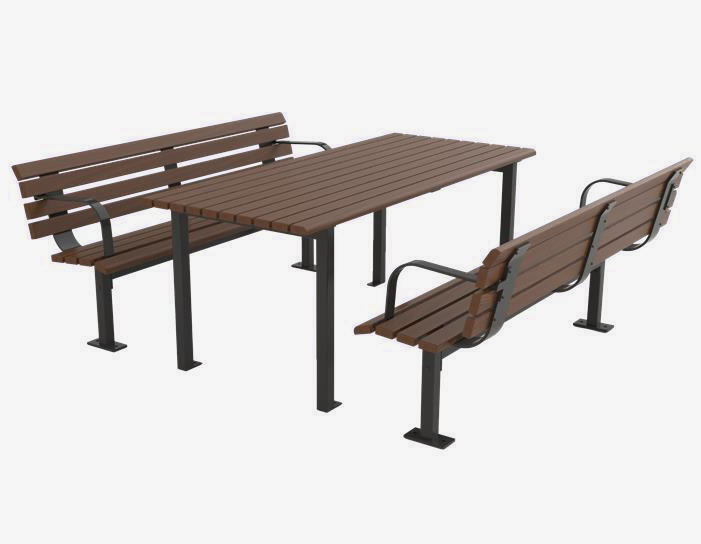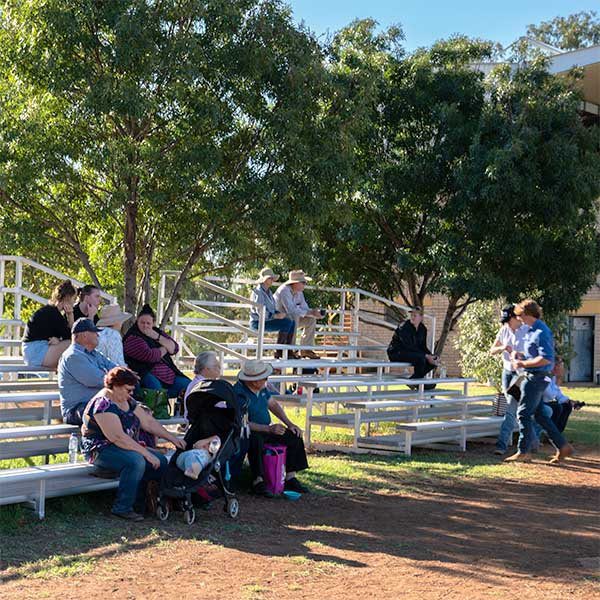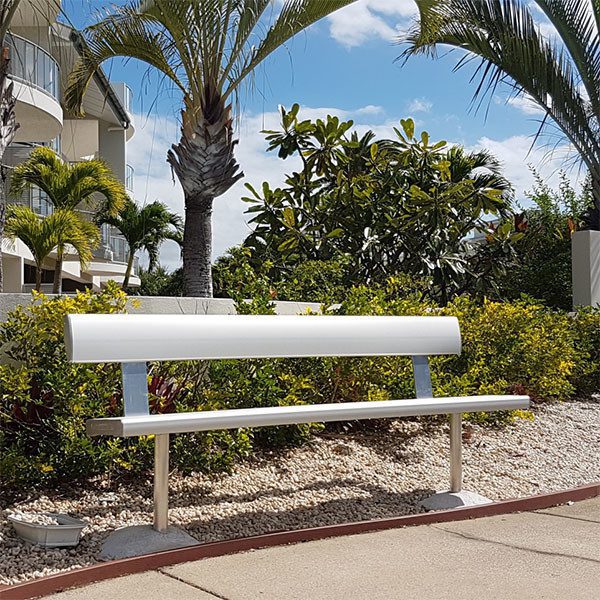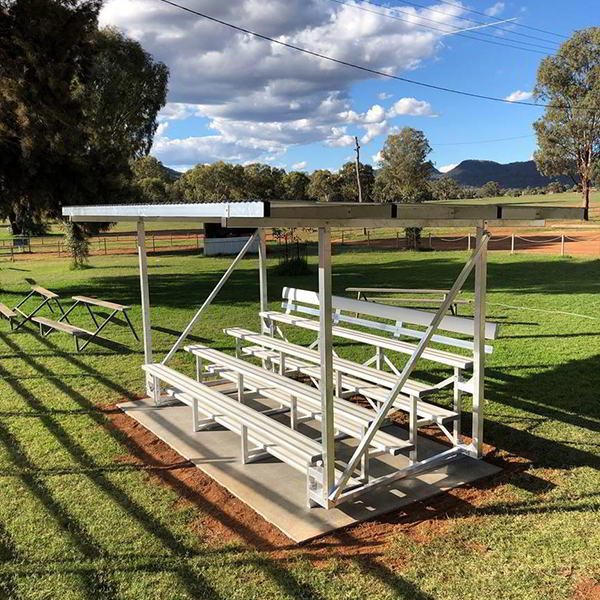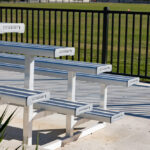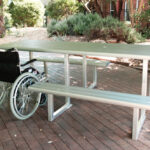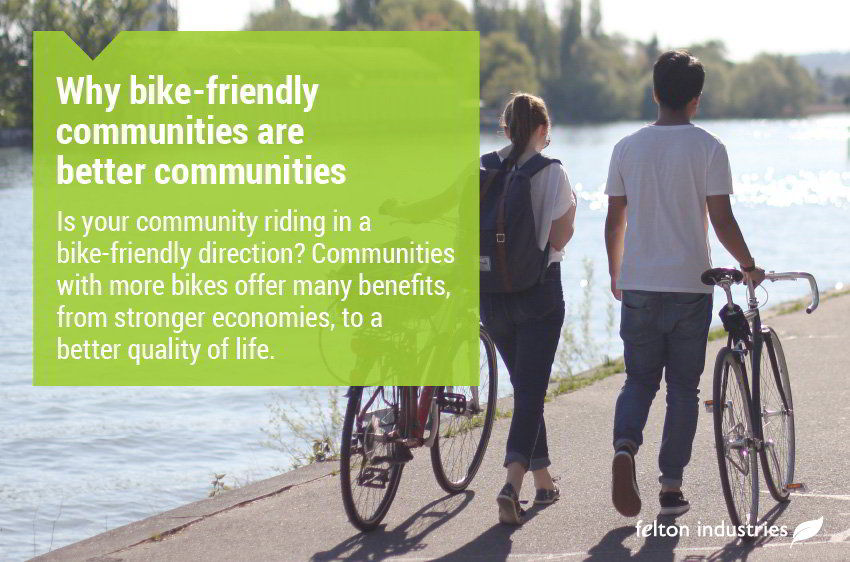
Why bike-friendly communities are better communities
With more cars on our roads, increased pollution and the soaring cost of living, keeping our cities lively and livable as Australia’s population grows is a challenge. Research shows that urban communities with good bike facilities have stronger economies, healthier, happier people and better quality of life. Plus, Australian cities are the ideal environment for cyclists, with our mild climate, sporty culture and increasingly health-conscious population – so, it’s time for your community to make a bike-friendly plan and pedal towards it. Here are four ways bike infrastructure can improve the standard of living in your area:
A greener environment
Transport accounts for a quarter of the greenhouse gas pollution currently contributing to global warming, according to the EU Climate Commission. A bike-friendly community can reduce this impact in numerous ways: Firstly, bikes are pollution-free and barely use fossil fuels in production. Secondly, the more you ride them, the more you negate the harmful emissions of other transport sources. In fact, according to the Queensland Government, a person who cycles ten kilometers to work and back every day will save 15 thousand kilograms of greenhouse gases from being emitted each year. Additionally, by reducing road traffic, cycling can also help cut back on the 13 million tonnes of wasted greenhouse gases that Australian vehicles burn while stuck in traffic every year. Remember, the environmental benefits of cycling multiply as more cyclists take to the roads. This means the more bike-friendly your community is, the more environmental impact it will have.
Healthier people
Communities that are bike-friendly are more physically and emotionally healthy. Cycling to school, work, university, or just for fun is an easy and practical way for people to incorporate more exercise into their day without the excessive time commitment that accompanies other forms of physical activity. This is especially helpful for inner city commuters who live close to work, given the deskbound nature of most CBD jobs. Even a short amount of cycling per day can have extensive health benefits. According to the US Government; thirty minutes per day can reduce a person’s chance of developing health conditions like diabetes, heart disease and high blood pressure by as much as forty per cent. Additionally, cycling also has positive effects on mental health, reducing the symptoms of depression and anxiety and helping people concentrate for longer. The more hours people in your community spend riding, the healthier and more socially connected they’ll become.
Less congestion
City congestion has been linked to a range of social, financial and health problems, impacting everything from the economy, to people’s happiness and quality of life. By taking some of the strain off overworked roads and public transport systems, more cyclists in your area can reduce congestion by removing cars from the road and freeing up more seats on trains and busses. It’s important to remember that cyclists don’t solve congestion issues when bike infrastructure cannot keep up with demand. In fact, they can even lead to more traffic when bikes block cars and slow them down. This means it’s crucial to invest in cyclist lanes that keep cars and bikes separate, enabling them to co-exist harmoniously.
Sustaining demand
The number of cyclists in our cities is growing, with almost ten per cent more people adding bikes to their transport routine since 2016. Plus, the bike-sharing industry has crept in, rapidly expanding in a short period of time and dramatically increasing the number of bikes on our streets. Councils need to catch up to these changes. As our cyclist population booms, cyclists and bikes need to be kept secure, out of the way and out of harm. Failure to do this will turn people off riding. While installing enough infrastructure is key to sustaining demand, it’s important to remember that the more infrastructure you provide, the higher the demand will be. Remember, the number of cyclists in an urban area can increase as much as 30 per cent once bike paths are installed, which show effective infrastructure can be at fueling growth.
Urban communities have a great deal to gain from making outdoor spaces bike-friendly. As a wholly Australian owned and operated business, nobody understands the needs of our communities like Felton Industries. We provide the highest quality aluminium bike stands, bays, racks and rails that with stand the tests of time. For more information about our products and how you can tailor these to the unique needs of your community, get in touch with our friendly team today.
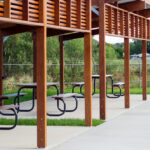
New Year, New Spaces: Outdoor Trends Shaping 2026
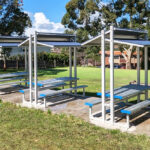
How to Maximise Your Outdoor Space for the Year Ahead

Media Release: Felton Industries announces four 2025 Felton Grant recipients

Stronger Spaces Start With Our End of Year Savings

Game On: Smart Grandstand Choices for Every Budget
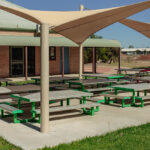
Top Five Outdoor Study Spots on Campus and How to Furnish Them
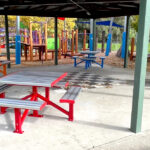
Why Schools Love Aluminium for Busy Playgrounds
